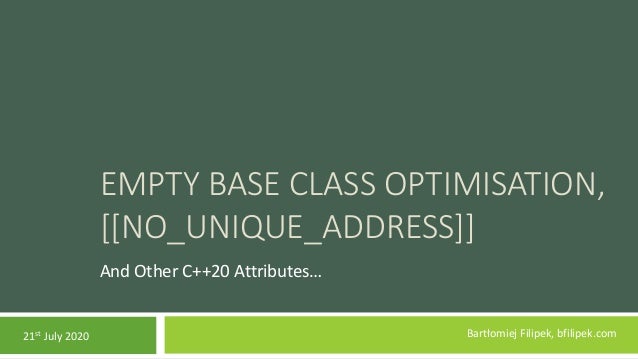Introducing ACCU Online - A Local Group With a Global Reach--Bob Schmidt
Will you attend?
Introducing ACCU Online - A Local Group With a Global Reach
by Bob Schmidt
From the article:
ACCU London is proud to host an ACCU Online event - a rescheduling of Chris Oldwood's previously cancelled "A Test of Strength" talk.
The event will be hosted virtually, on Remo. This will also give us the social and networking aspect of meet-ups that we miss from the in-person version.
When: Wednesday, 12th August 2020, 19:00 start...

 This year, CppCon 2020 is
This year, CppCon 2020 is  This year, CppCon 2020 is
This year, CppCon 2020 is  This year, CppCon 2020 is
This year, CppCon 2020 is  This year, CppCon 2020 is
This year, CppCon 2020 is  Will you use it?
Will you use it?